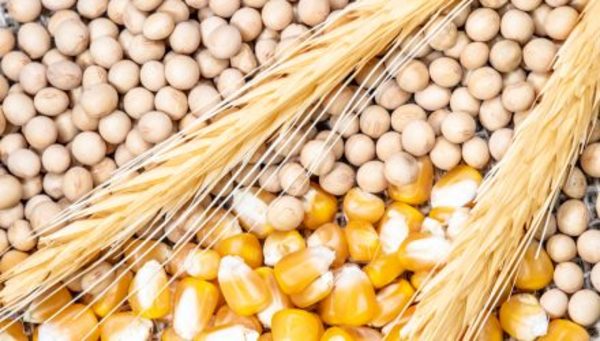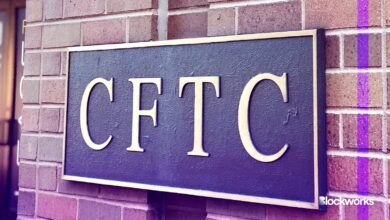Brazil Pushes Soybean, Corn Prices Higher

An executive order by Brazil President Luiz Inacio Lula da Silva will limit the ability of the country’s commodity exporters to take advantage of tax credits, thereby hurting their bottom lines. In turn, this is pushing soybean and corn prices higher.
“A surprising tax change in agriculture powerhouse Brazil has the potential to make soy grown in the world’s largest bean exporter less competitive with supplies from the US, according to a report from risk management firm Amius Ltd,” Bloomberg reported.
“To compensate, merchants will likely raise soy prices, making beans grown in Brazil less competitive with American soy, at least in the short term,” the report added.
In turn, traders have been responding with a flurry of short covering as word of the executive order hit the agricultural commodities market. An XM report noted that Brazilian exporters weren’t in a rush to sell after the new rule; instead, they’re taking the time to digest the news.
According to the report, the rule will take effect immediately. But first, it requires approval from lawmakers within a four-month period. As mentioned, if the tax credits are removed, it would increase costs for exporters who would have to make up for the difference by potentially charging higher prices.
“Exporters say by closing the tax credit loophole it will increase the cost of doing business,” said Tom Fritz, broker at EFG Group. “They’re taking offers of table as they reassess profit margins.”
If soybean and corn prices continue to push higher in the short term, traders may want to look at a pair of Teucrium funds:
- (SOYB ): It provides similar exposure to what investors could obtain by trading in soybean futures contracts. The fund is also an option for longer-term buy-and-hold investors who want to diversify their current portfolios with commodity exposure. Additionally, if short-term traders want to take advantage of upside in soybean prices, SOYB can serve that purpose
- (CORN ): The fund tracks three futures contracts for corn traded on the Chicago Board of Trade. It includes 35% second-to-expire contracts, 30% third-to-expire contracts, and 35% December following the third to expire. The various contract exposures help the fund limit the negative effects of rolling contracts, especially during a market in contango.
In addition to short-term traders, long-term investors who want to diversify their portfolios with agricultural commodities can also use these funds.





